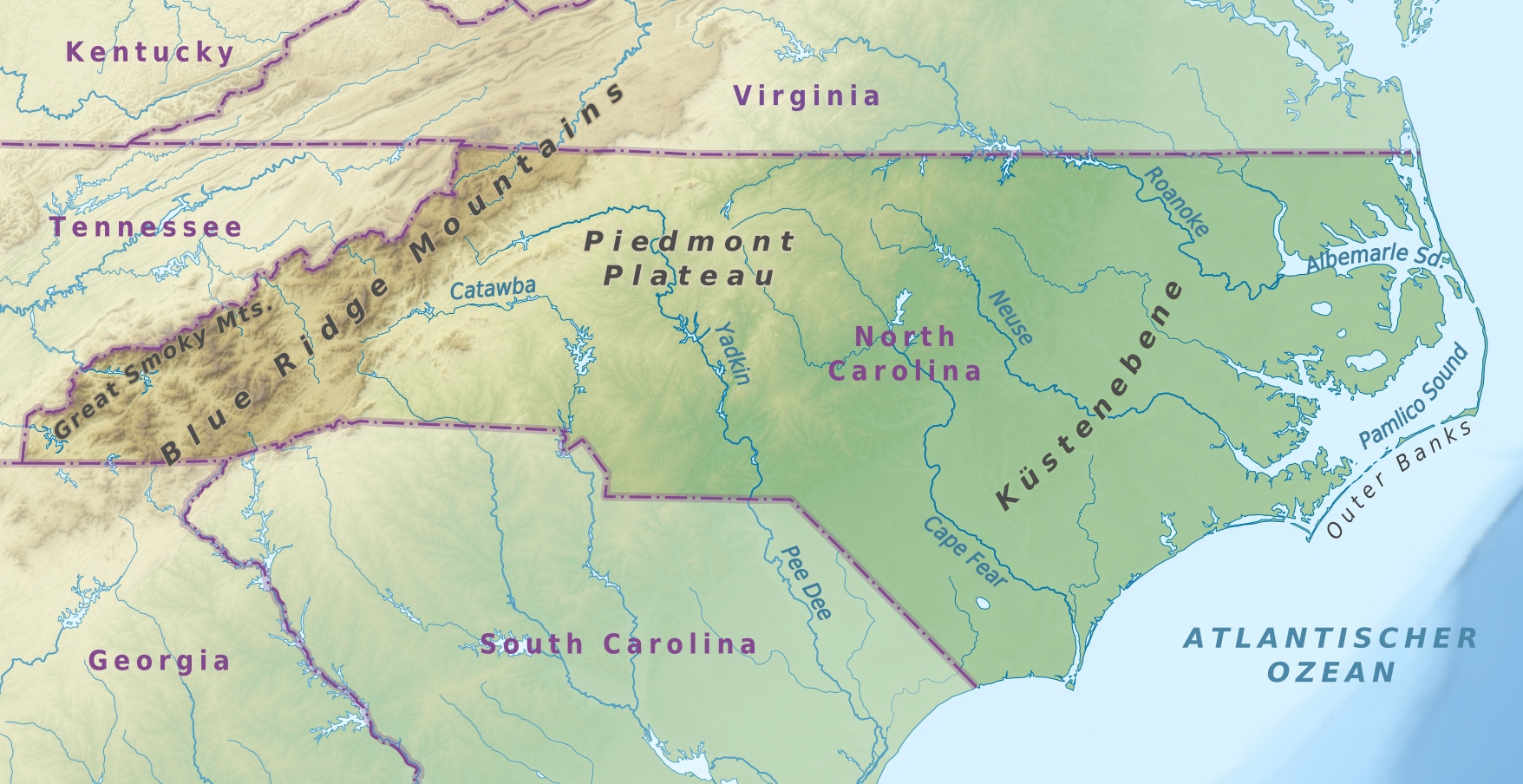Several weeks ago I stopped by a friend's office to chat. He had just come from Pennsylvania, Scranton. We talked and I gave him the theories of Pennsylvania, "Puritan Boston, Quaker Philadelphia," the surprising, to me, barrier presented by the modest Appalachian Mountains, particularly the Allegheny Front, how they worked a distinct culture to their west. "Pennsylvania is Philadelphia and Pittsburgh with Alabama in between," I told my friend James Carville said; the centrality generally of geography to civilization, from the Appalachians to the pot-holed Irish potato fields which maimed British horses, to the rice fields of Asia. Geography, I said to my friend, conditioned, perhaps more than any other single factor, state control, and "civilization" means state control.
As I was bloviating on my friend silently, his way of indicating that he was not sold on the theories, pulled out something from around his desk and studied it briefly. It was an atlas. He interrupted my bloviations: "They form the border between West Virginia and Virginia."
They fucking do. The border is precisely where the Appalachian Range meets the "Alleghany" (sic!) Plateau. And can you think of two states, once one, which are more different?
The Appalachian Mountains worked a similar divide in Pennsylvania. Always have.
"Major Indian trails leading west and north from Chesapeake Bay," The Barbarous Years, Bailyn (16)
Go further south. My favorite is Tennessee. The Great Smoky Mountains form the exact border with North Carolina that the Appalachians make between West Virginia and Virginia.
Clearly three different geographic parts to Tennessee.
You can't be serious. Honest Injun, Pilgrim.
The state of Tennessee is geographically, culturally, economically, and legally divided into three Grand Divisions: East Tennessee, Middle Tennessee, and West Tennessee. The state constitution allows no more than two justices of the five-member Tennessee Supreme Court to be from one Grand Division and a similar rule applies to certain commissions and boards.















